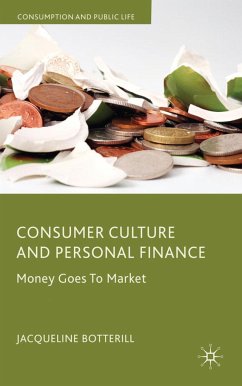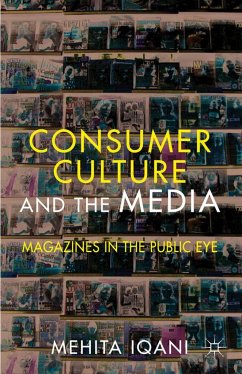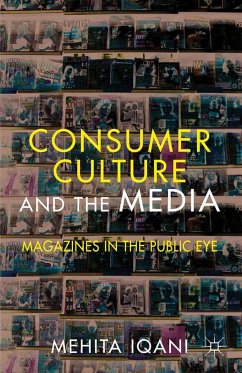
Consumer Credit in the United States
A Sociological Perspective from the 19th Century to the Present
Versandkostenfrei!
Versandfertig in 6-10 Tagen
38,99 €
inkl. MwSt.

PAYBACK Punkte
19 °P sammeln!
It is commonly imagined that in recent years the rampant growth of consumer credit has lured American consumers into a crippling state of indebtedness, a state that has upended old cultural values of Puritan thrift and stimulated a frenzy of consumption. Drawing on the sociological concept of government and informed by a historical perspective, Marron presents a much more complex and nuanced reality. From its early antecedents in nineteenth century salary lending and instalment selling, she shows how the emergence and growth of consumer credit in the United States have always been subject to s...
It is commonly imagined that in recent years the rampant growth of consumer credit has lured American consumers into a crippling state of indebtedness, a state that has upended old cultural values of Puritan thrift and stimulated a frenzy of consumption. Drawing on the sociological concept of government and informed by a historical perspective, Marron presents a much more complex and nuanced reality. From its early antecedents in nineteenth century salary lending and instalment selling, she shows how the emergence and growth of consumer credit in the United States have always been subject to shifting regimes of control and regulation.














